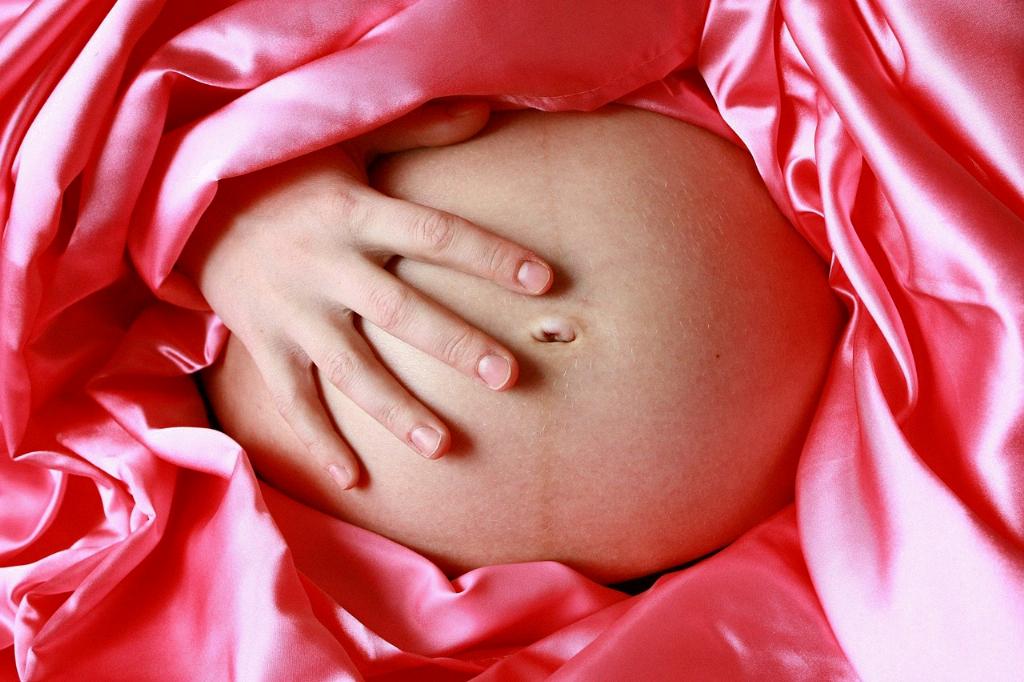After experiencing a chemical pregnancy, many individuals wonder about their chances of getting pregnant again. It’s essential to consider various factors that can influence fertility post a chemical pregnancy. One crucial aspect to note is that individuals may actually be more fertile following a chemical pregnancy, as indicated by a study showing a 17 percent higher chance of conception and live birth for those who attempted to conceive within three months of the loss compared to those who waited longer.
Physical Recovery and Timing
Physical recovery plays a significant role in the chances of getting pregnant after a chemical pregnancy. It is essential to allow the body to heal properly before attempting to conceive again. Doctors often recommend waiting for at least one menstrual cycle before trying to get pregnant after a chemical pregnancy. This period allows the body to recover and increases the likelihood of a successful pregnancy.
Emotional Well-being and Support
Emotional well-being is equally crucial in the journey towards a successful pregnancy after a chemical pregnancy. The emotional impact of a loss can be profound, and individuals need to take the time to grieve and seek support as needed. Counseling or joining support groups can be beneficial in navigating the emotional aspects of the experience and preparing for future conception attempts.
Age and Fertility
Age is a critical factor affecting fertility after a chemical pregnancy. As individuals age, fertility naturally declines, making it potentially more challenging to conceive. Women in their 20s and early 30s generally have higher fertility rates compared to individuals in their late 30s and 40s. Age is an essential consideration when determining the chances of getting pregnant after a chemical pregnancy.
Health and Lifestyle Factors
Health and lifestyle choices can significantly impact fertility post a chemical pregnancy. Maintaining a healthy weight, eating a balanced diet, exercising regularly, and avoiding harmful substances such as tobacco and excessive alcohol can enhance fertility. Individuals should also discuss any underlying health conditions with their healthcare provider to optimize their chances of conception.
Medical Intervention and Support
In cases where individuals face challenges conceiving after a chemical pregnancy, medical intervention and support may be necessary. Fertility specialists can conduct tests to assess fertility levels and provide guidance on potential treatments such as ovulation induction, intrauterine insemination (IUI), or in vitro fertilization (IVF). Seeking expert medical advice and support can improve the chances of successful pregnancy post a chemical pregnancy.
Monitoring Ovulation and Menstrual Cycles
Tracking ovulation and menstrual cycles is essential for individuals attempting to conceive after a chemical pregnancy. Understanding the body’s natural fertility signs can help pinpoint the most fertile days for conception. Various methods such as ovulation predictor kits, basal body temperature tracking, and cervical mucus monitoring can assist in determining the optimal time for intercourse to maximize the chances of getting pregnant.
Creating a Supportive Environment
Creating a supportive environment is vital for individuals navigating the journey of getting pregnant after a chemical pregnancy. Partners, family members, and friends can offer emotional support and understanding during this challenging time. Open communication, patience, and empathy within the support system can positively impact emotional well-being and increase the chances of a successful pregnancy.
Consulting with a Healthcare Provider
It is crucial to consult with a healthcare provider when considering pregnancy after a chemical pregnancy. Healthcare professionals can offer personalized advice based on individual health circumstances and provide guidance on optimizing fertility. Regular check-ups, discussions about prenatal vitamins, and monitoring of any underlying health conditions are essential steps in preparing for a healthy pregnancy.
Maintaining a Positive Mindset
While facing challenges and uncertainties in the journey towards conception after a chemical pregnancy, maintaining a positive mindset can be incredibly beneficial. Practicing self-care, engaging in stress-reducing activities such as yoga or meditation, and staying hopeful can support overall well-being and enhance the chances of a successful pregnancy. Believing in the possibility of a positive outcome can positively influence the fertility journey.
Patience and Persistence
Patience and persistence are key virtues in the process of trying to get pregnant after a chemical pregnancy. It is essential to remember that each individual’s fertility journey is unique, and success may take time. Remaining patient, staying committed to healthy practices, and not losing hope are crucial aspects of increasing the likelihood of conception. Persistence in the face of challenges can lead to a positive outcome in the quest for pregnancy.
Conclusion
In conclusion, the chances of getting pregnant after a chemical pregnancy are influenced by a combination of physical, emotional, and lifestyle factors. Understanding the impact of age, health choices, and emotional well-being, seeking medical support when needed, tracking ovulation, and creating a supportive environment are essential elements in enhancing fertility post a chemical pregnancy. With patience, persistence, and a positive mindset, individuals can increase their chances of achieving a successful pregnancy and welcoming a new life into their family.

